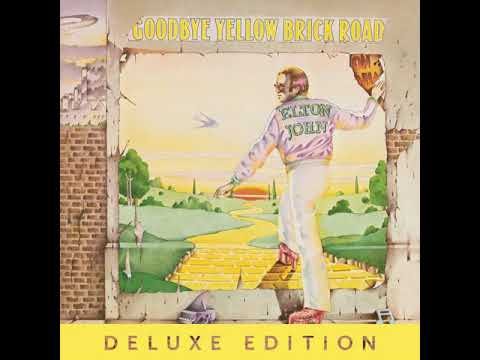Everyone gets hooked on music in their own way. Some are grabbed by an artist's musicianship. For others, it's the beat that moves them. For others, it's the singer's charisma, or the group harmony vocals, or guitar solos. A small minority just wait for the drummer to self-immolate, which occurs more often in This is Spinal Tap than in real life, but I suppose it has happened. Hasn't it?
For me, the songs matter more than all of the rest. And words have always been primary. A teacher reading my poems took me out of a teenage tailspin. Ginsberg and Ferlinghetti, Bob Dylan and John Lennon, had me walking around with a notebook in my pocket, jotting down images and rhymes as the thoughts or observations appeared. Guitar-playing friends in high school added music to my lyrics, and the career that chose me allowed me to make a living writing about other people's songs. That two of my writing partners went on to substantial success as musicians and songwriters has allowed me to think maybe w…
Keep reading with a 7-day free trial
Subscribe to Critical Conditions by Wayne Robins to keep reading this post and get 7 days of free access to the full post archives.



